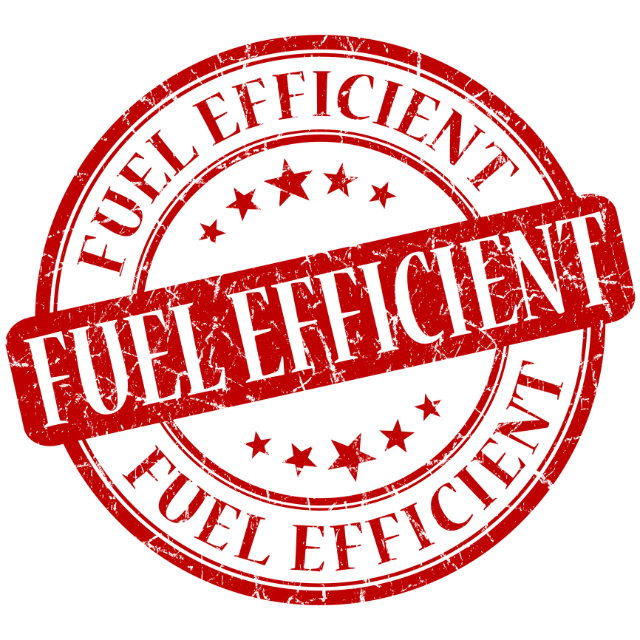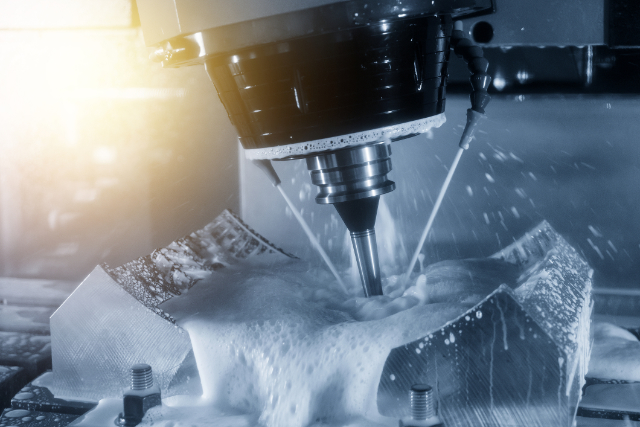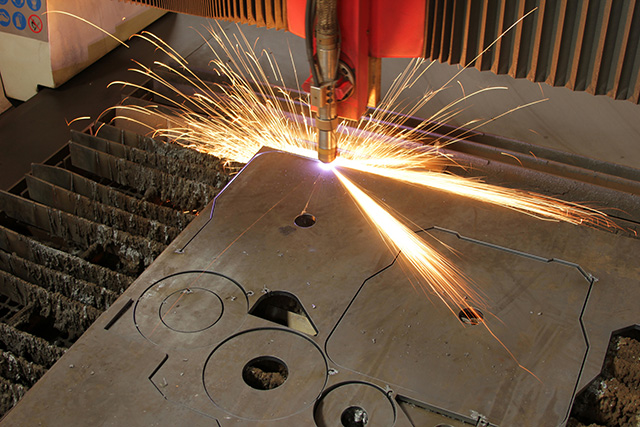Friction Stir Welding: A Short Overview & Current Applications

In one form or another, welding has been around for hundreds of years.
According to the book Friction Stir Welding: From Basics to Applications, “Although joining pieces together can be traced back more than 2,000 years, welding emerged as a viable manufacturing process only in the late 1800s.” It was not until the 1990s, however, that the method we know as friction stir welding emerged.
In that sense, it’s a “newer” technology.
Patented by The Welding Institute, it was quickly applied to practical manufacturing. The aerospace, shipbuilding, railroad, and automotive industries were among the first to leverage it for their own needs. They were not the last. That is because FSW is versatile. Though it works well with aluminum, its applications encompass copper, lead, magnesium, zinc, titanium alloys, steel, and stainless steel.
Some Current Friction Stir Welding Applications

Those applications have now been in place for decades. In that sense, FSW is not exactly untested. No longer a new or innovative technology, Friction Stir Welding is now mainstream.
Of particular note, this process is being used to make cars more fuel-efficient. By mixing steel with aluminum, automakers are able to make cars and trucks more lightweight and therefore increase fuel efficiency.
FSW is also being used to strengthen the aluminum hulls of military vehicles. The FSW method reduces welding defects while keeping our military vehicles stronger, safer, and more cost-effective in the process.
We Can Help
Here at American Hydroformers, we provide everyday metal fabricating solutions using the most advanced hydroforming processes available. Though our manufacturing expertise includes hydroforming, hydraulic press work, and laser cutting, we are also skilled in other metal forming techniques.
To learn more about Friction Stir Welding and how we can help you meet your manufacturing goals, please feel free to contact us at any time.
We’d enjoy hearing about your projects and look forward to hearing from you.




Leave a Reply